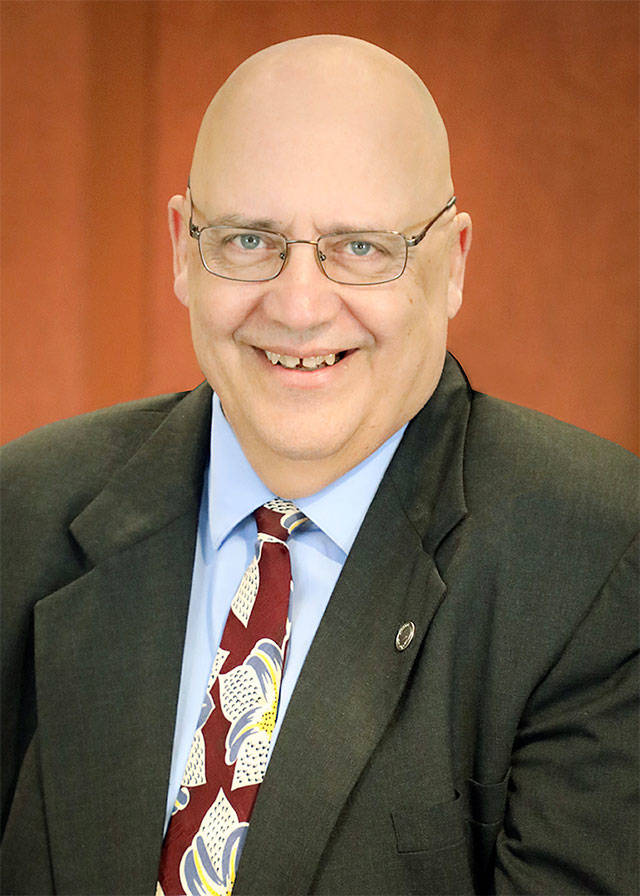When Washington state residents vote Nov. 5, Initiative 976, the latest measure put forward by Tim Eyman to restrict rising motor vehicle taxes and fees, will be waiting.
“Yes” limits annual license fees for vehicles weighing less than 10,000 pounds to $30 except voter-approved charges, and bases vehicle taxes on the Kelley Blue Book value rather than the manufacturer’s suggested retail price.
It would also repeal authorization for certain regional transit authorities, such as Sound Transit and Transportation Benefit Districts, to impose motor vehicle excise taxes.
And no, well, no means no to the above.
While the measure was presented to the Legislature as an initiative in the most recent session, lawmakers declined to act on it, so it goes to voters in November.
Opinions, of course, vary.
Supporters describe the initiative as an opportunity to protect themselves from rising taxes.
Large employers, among them Amazon, Alaska Airlines and Microsoft, business groups, city and county officials, unions and environmental groups oppose I-976, arguing it would affect many levels of the state’s transportation infrastructure, cut funding to road construction and maintenance and short the statewide transportation budget by $4 billion over the next 10 years.
Critics also predict the loss of many jobs, and a $60 million hit to cities with transportation benefit districts, such as Auburn.
On Monday night, the Auburn City Council was asked where it stood.
But with only Larry Brown, Bob Baggett, Bill Peloza and Claude DaCorsi present out of the total seven, the council decided to follow city attorney Steve Gross’s advice, which was both to pick up the discussion and delay the decision to a later meeting, when all members were present, and to give opposing voices from the public a chance to comment.
But that didn’t stop those who were there from having their say.
Larry Brown, who is also president of the Washington State Labor Council and co-chair of No on I-976, minced no words.
“It would be my extreme desire that we oppose 976,” said Brown. “It’s going to have a devastating impact across our state, from Zilla to Anacortes. For example, it would impact Seattle $32 million for their Transportation Benefit District. That’s the biggest one, but every community that has a Transportation Benefit District that has used the car tab fees will be impacted.”
Brown argued that in some communities, “yes” would eliminate transit altogether.
And aside from the thousands of jobs that employ people building and maintaining and operating transportation systems throughout the state, he said, the economic-development-impact long term would be incalculable.
“But I assure you that when we are talking about siting business operations for companies, even siting the next airplane programs by Boeing, this could impact those kinds of decisions. … The reality is, for Mr. Eyman this is his job, what he does for a living is run initiatives. But it’s people like this council and this mayor who have to pick up the pieces afterward and try to manage after the devastation is done,” Brown said.
“I don’t think anybody in this room would object to $30 car tab fees,” Baggett said, “but – and that’s a big but – relative to all the other consequences of this particular initiative, I think it will take a close, hard look by most people that would be voting on this thing to really understand all the ramifications, and especially those things that councilmember Brown iterated.”



